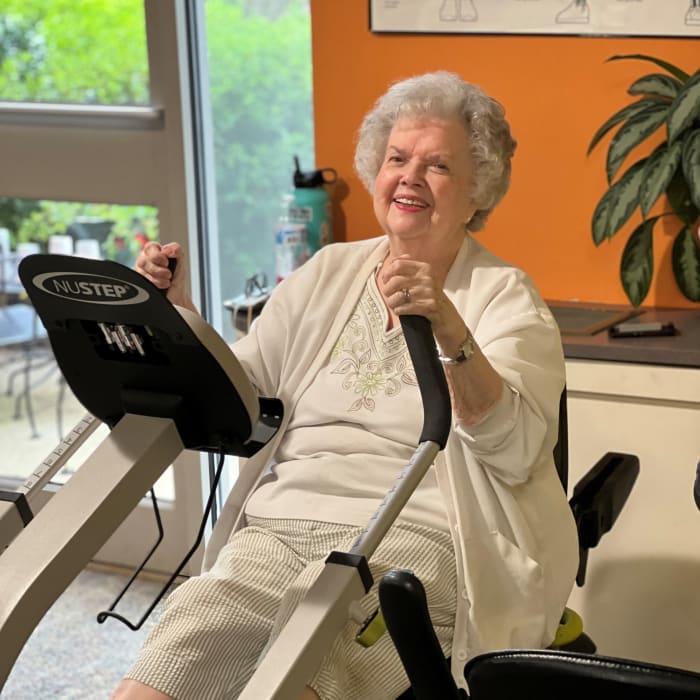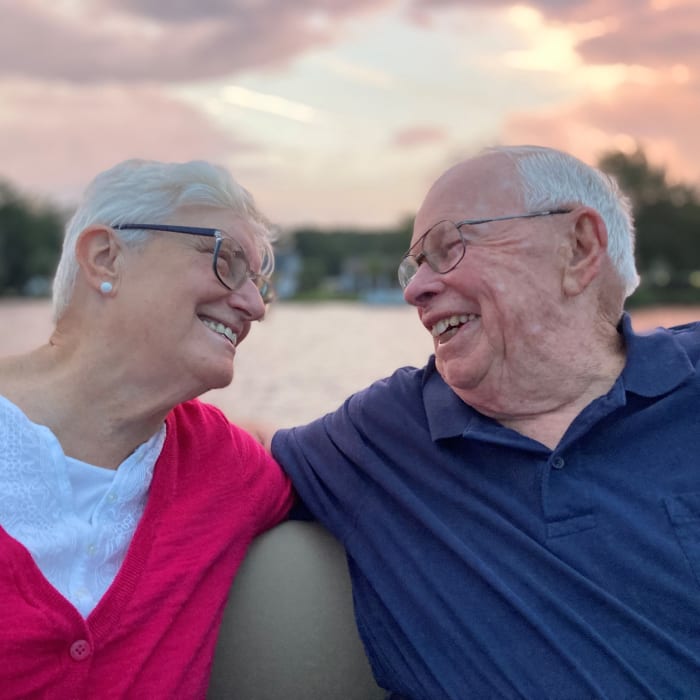Plan for life’s unexpected twists with advance directives
With the risk of COVID-19 still looming large, it’s wise to make plans in case of a serious health event. One serious accident or unexpected illness can turn your world upside down. That’s why having an advance directive is critical when health care decisions need to be made regarding end-of-life care. Thinking about the type of medical care you would want in the wake of an unfortunate life event is not only important for you, but for your loved ones. They may be left to make difficult decisions on your behalf during an extremely emotional and stressful time.
What are advance directives?
Advance directives are written instructions that allow you to dictate your specific wishes about end-of-life care and medical treatment should you be unable to make or communicate these decisions for yourself. According to the American Academy of Family Physicians, advance directives are legal documents that include:
- A living will — outlines the types of medical treatments and interventions that you want, or don’t want, including mechanical ventilation, feeding tubes and resuscitation.
- A health care power of attorney (POA) — you designate a person (your health care proxy) to make medical decisions for you when you are unable to do so. Your health care proxy serves as your advocate, making health care decisions based on your stated wishes for care.
- A do not resuscitate order (DNR) — hospital staff are required to administer life-saving measures when your heart stops or your breathing ceases. A DNR order — sometimes called an AND order, for “allow natural death” — is a request not to have cardiopulmonary resuscitation (CPR) performed.
When creating an advance directive, it’s important to assess what quality of life means to you in various situations. Address in your instructions whether or not you would want any of the following interventions:
- Mechanical ventilation
- Cardiopulmonary resuscitation (CPR)
- Feeding tubes and IV fluids
- Dialysis
- Organ donation, should you wish to donate any or all organs upon your death
Final steps
Put your wishes regarding your medical care down on paper, check out the laws for advance directives in your state, and take these final steps:
- Fill out the proper advance directive forms; they are often available on your state department of health website or from your doctor. You can also write your instructions down on paper and have it notarized.
- Provide a copy of your advance directive to your health care proxy, family, friends and your doctor.
- Review your advance directive every few years.
Although talking to your loved ones about end-of-life care is not easy, planning ahead for life’s unexpected twists can help make an emotional time a little less stressful. In the end, advance directives provide everyone peace of mind.






